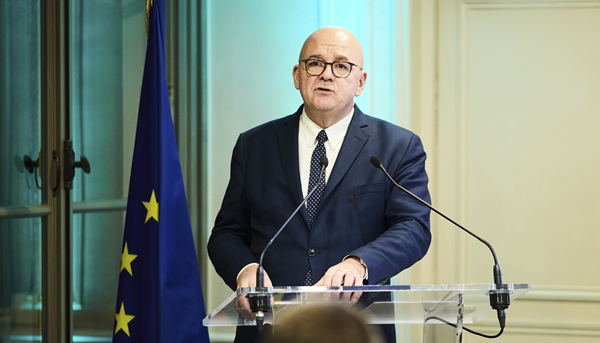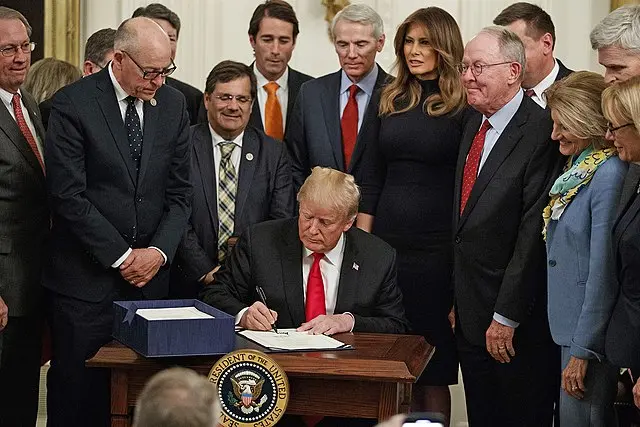ANALYSIS: Euronext chief sees political will for European exchange consolidation
14th November, 2024

The chief executive of Euronext, which operates exchanges in seven European countries, has said Europe’s capital markets need to consolidate further if they are to compete more effectively on the world stage.
Stéphane Boujnah, CEO and chairman of the managing board at Euronext, which operates stock exchanges in France, Italy, the Netherlands, Belgium, Ireland, Portugal and Norway, said there is a strong commercial rationale for further consolidation among Europe’s remaining stock markets.
Boujnah, a former investment banker at Santander and Deutsche who became Euronext CEO in 2015, told FOW: “More consolidation between players that have ambitions beyond their borders is necessary.”
He continued: “It’s an interesting situation where I believe there is space for more consolidation. To do M&A, you need a willing buyer but you also need a willing seller. At this stage the owners of equities trading platforms in Europe are not eager to consolidate them. In other aspects of the value chain, it’s often the same.”
The European cash equities segment is dominated by four groups: Euronext, Deutsche Boerse in Germany, Nasdaq which runs the stock markets in the Nordic and Baltic regions apart from Norway, and Switzerland’s SIX Group which also owns Spanish exchange Bolsas y Mercados Espanoles (BME).
Consolidation between large exchange groups is notoriously complicated by national interests and concerns around competition so a transaction currently looks unlikely.
“But things could change,” Boujnah said, citing an growing political will in Europe to make the bloc more competitive on the global stage.
“The tailwind created by the commitment of European authorities to push for more integration, more competitiveness in Europe, more harmonised solutions is there. The call for integration of European capital markets is clear as we enter a new European cycle with the election of the new parliament since July and the new Commission taking office now.”
Boujnah added: “Things are moving in the right direction for an accelerated integration which is an important tailwind for the Euronext project. The one natural beneficiary of anything that is more integrated is Euronext.”
The group, which included the stock markets of France, the Netherlands, Belgium and Portugal when Boujnah became boss in 2015, has since acquired the Irish Stock Exchange in 2018, Oslo Bors in 2019 and Borsa Italiana in 2021.
The chief executive’s comments came on the fringes of the European group’s investor day at which Boujnah unveiled a three-year plan to move Euronext into new asset classes and establish the European group as the “undisputed backbone of the European Savings and Investments Union”.
Boujnah also told investors and analysts on Friday the European group plans to increase its organic revenue by at least 5% each year from 2023 to 2027.
The chief executive told FOW: “In the last nine years, we have accomplished a lot but the new strategic plan is ambitious in re-inventing the company for more organic growth than before. We built an organic growth plan, excluding the impact of potential M&A as one should not build a strategic plan on intuitions or potentialities. Nevertheless, our industry has been active on M&A, with a call for consolidation, in which Euronext will play an important role.”
He added: Seizing M&A opportunities is part of our strategy, but we don’t bid on transactions that don’t fit into our investment criteria. We have the means to do large M&A, we have €2bn (£1.7bn) available at the bank and we also have a leverage ratio of 1.5 times net debt to EBITDA.”
The group’s main index futures product is a futures contract based on the French blue-chip index, the CAC40, which traded 1.47 million lots last month, which was down a fifth on October 2023, according to FOW Data.
Euronext’s single stock futures and options fared better in October, reporting total volumes of 2.44 million lots which was down 4.7% on the same month last year, according to FOW Data.
Euronext’s main commodity derivatives are in European agricultural products where the milling wheat futures contract is the group’s most popular. This product traded 1.96 million lots in October which was up 43% on the same month last year, according to FOW Data.


